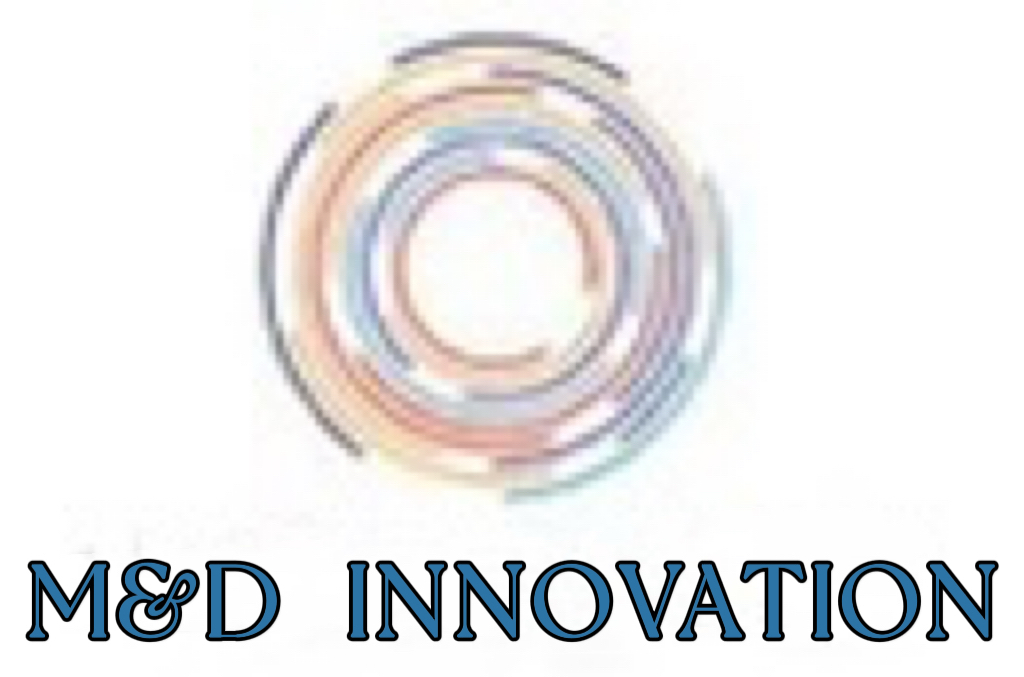CRM for New Era of Retail
provides the following features for businesses to deal with the paradigm shifts:
Mobile marketing
Lead nurturing
Data collection & deeper analytics
Seamless shopping experience (Integration of online and offline)
Subscription business
Smartphone-Tablet POS
Connecting the team & task management
Data Collection & Deeper Analytics
Collecting client data is the single most important key in your marketing strategy. Without data and analytics, you’re marketing blindly, hoping to reach your target audience or persona. Even after clients are acquired, they are ever changing. What your customers loved five years ago isn’t what they want today. To stay in touch, you need to constantly collect data to continue marketing to your existing clients.
Client data gives you the opportunity to improve your client experience and in turn improve your client satisfaction and revenue. CRM allows you to collect the following types of client data:
Communication Related
- Client name
- Contact types and details – email id, physical address, phone number
- Source of acquisition
Interaction Related
- Does the client respond to the emails and sales calls?
- What categories of topics of the e-DM or e-Survey do the client respond most often?
- Record of calls made to the help desk
Client Profile
- Birthday of the client
- Region
- Hobbies & Interests
- Income levels
Feedback
- Survey results the customer has taken
- Complaints the customer has left
- The products that were returned
According to survey, 65% of consumers are happy to share their information in exchange for more targeted marketing and 67% are willing to share their data if they receive some form of benefit, such as discounts, it is up to you to make the client data and deeper analytics to improve the effectiveness of your marketing and clients’ experience.
Mobile Marketing

People spend more than 4 hours daily on their mobile phone. The time spent on the phone is a mix of time spent on social media, e-commerce, searching and browsing. This provides a clear and important opportunity to capture the attention of consumers.
provides the following features for mobile marketing:
Mobile-first Indexing
provides the framework to create a site that can reflect the proper content and perform well. Pages can be loaded quickly and use responsive design – meaning that the site senses what size and shape device it’s being loaded on.
The framework controls the photos and text to appear where they should and the buttons need to work with touch screens.
Social Media Marketing
is fully linked with WeChat and capabilities are completely customizable. You can select from intricate demographics including everything from profession to interest to geographic location. This sort of targeting option helps to ensure that your brand is spending its advertising dollars on only the most relevant users that are going to be most likely to have an interest in your brand and follow up with a purchase.
Personalization
allows you to leverage data analysis and digital technology to deliver individualized messages and product offerings to current or prospective clients. allows you to create personalized content for individuals or a selective demographical group. Personalized marketing gives customers a sense of identity. They cease to be one of the masses, and instead become an individual with unique wants and needs.
Mobile Pay
Mobile marketing and mobile commerce often go hand-in-hand. Consumers are using mobile pay to purchase items after they like what they see in mobile marketing. supports various mobile payment methods to allow you to link mobile commerce with your mobile marketing seamlessly.
Connecting The Team & Task Management
A business is only as good as its core team. provides team chat and tagging and allows your entire team to access to your analytics, client data, trends and more and can chat in real-time with file-sharing while reviewing any pertinent data from their end. This equates to time saved, progress achieved and productivity enhanced.
also supports simple task management and allows your team to work effectively on projects.
Corporate Client’s Lifecycle Support
Corporate Client Business CRM can capture all important information of your corporate client to support your marketing, sales, delivery, and support activities and billing. It also allows you to start with the minimum information such as business identity and contact name of your potential client in its new lead stage and gradually build up its information in the subsequent stages of the lifecycle. Specifically, Corporate Client Business CRM maintains the following types of information of a corporate client as well as allows you to define new information sections and new fields:
- Corporate client's basic info
- Corporate client's interests and preferences
- Corporate client's interactions, issues and actions
- Corporate client's contact details
- Corporate client's financials and credit info
- Corporate client's transaction history and values

Corporate Client Business CRM supports notes and attachments that can be used to capture the details of a service call, client support needs or warranty information. In this way, the Corporate Client Business CRM data replaces a paper file as a means of tracking each interaction with a client. When features such as attachments are included in the Corporate Client Business CRM system, valuable documents become easily available for review. For example, if a customer is in proposal or contract negotiations, each revision can accompany the customer record for quick review, markup and electronic sharing.
Corporate Client’s Transaction History & Value
Corporate Client Business CRM can record the following transaction details that you have with your corporate client:
- Product & service item descriptions and prices
- Service level agreement and penalties
- Acceptance criteria and payment terms
- Delivery notes & acceptance document
- Timesheet and expense reports (for time and material base types of transactions)
- Invoices and payments
Corporate client’s transaction history also provides the following useful information for conducting future business with the client:
- Client’s accustomed products and services
- Client’s accustomed contractual terms and conditions
- Client’s negotiation tactics and discount requirements
- Client’s delivery schedule
- Client’s approval process
